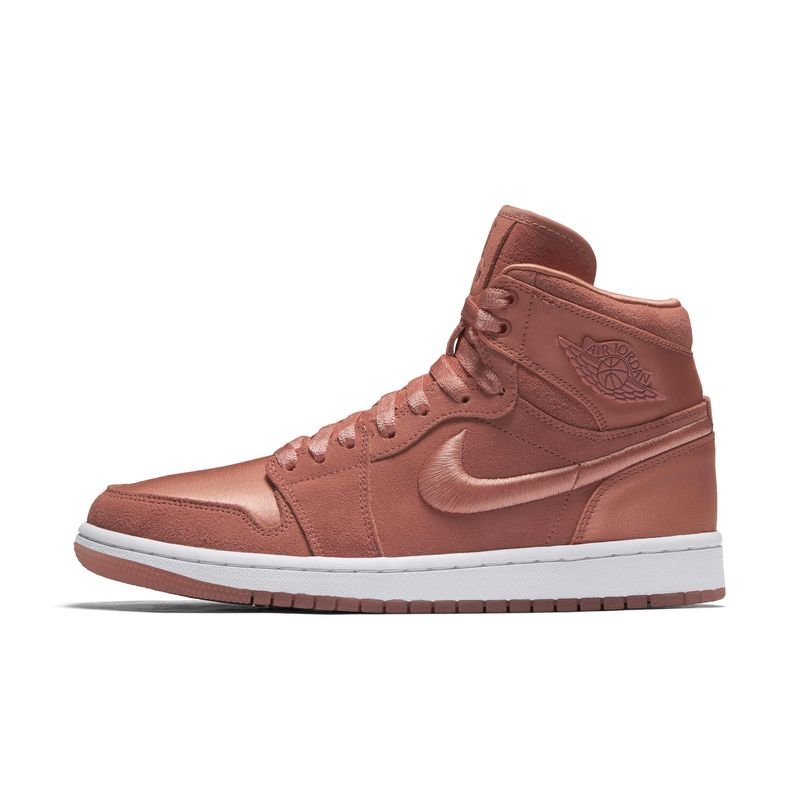The Gambling Theories About Michael Jordan, Explained
ESPN docuseries 'The Last Dance' directly addresses the theory that Michael Jordan's 1993 retirement was related to his gambling.
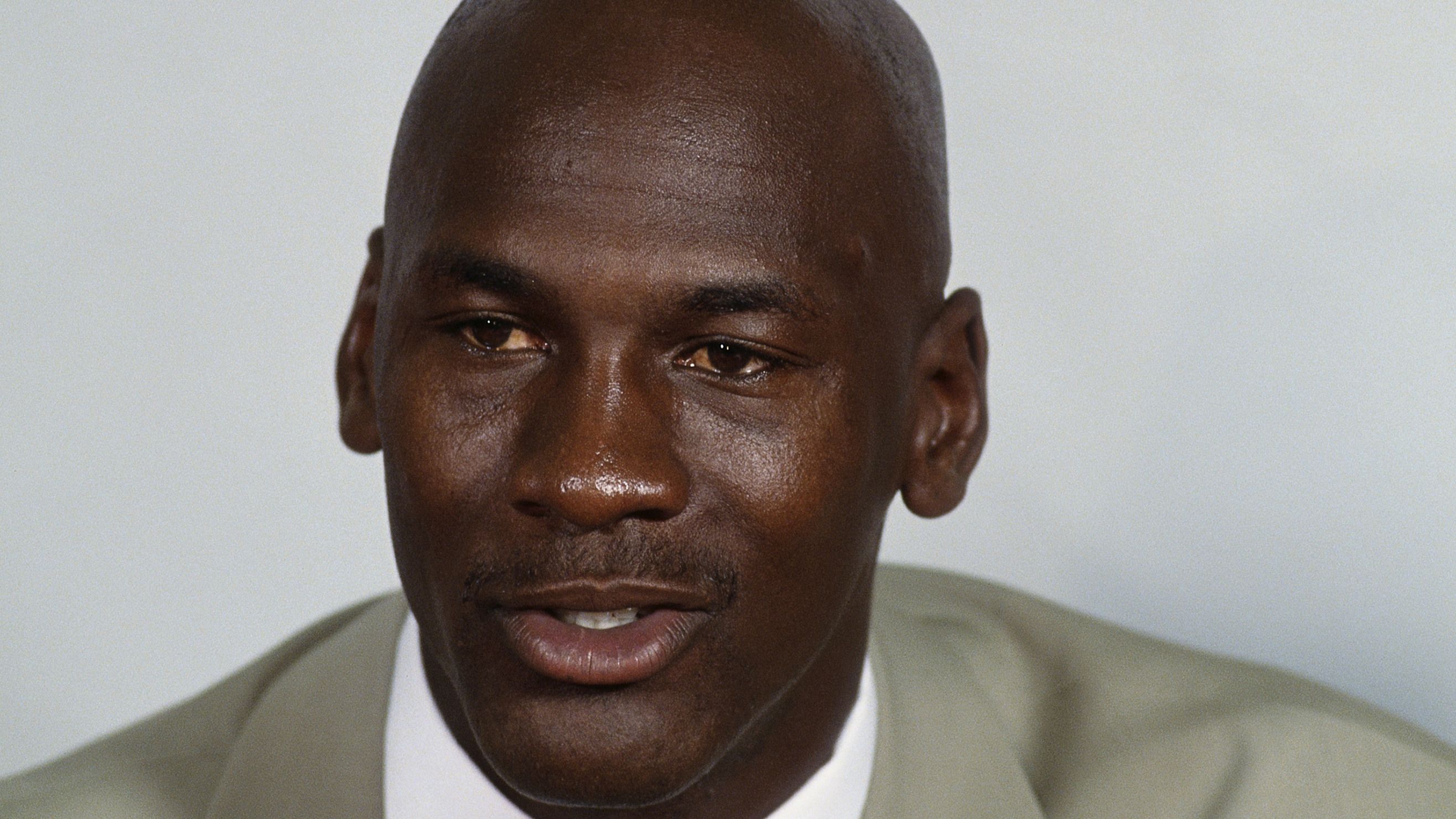
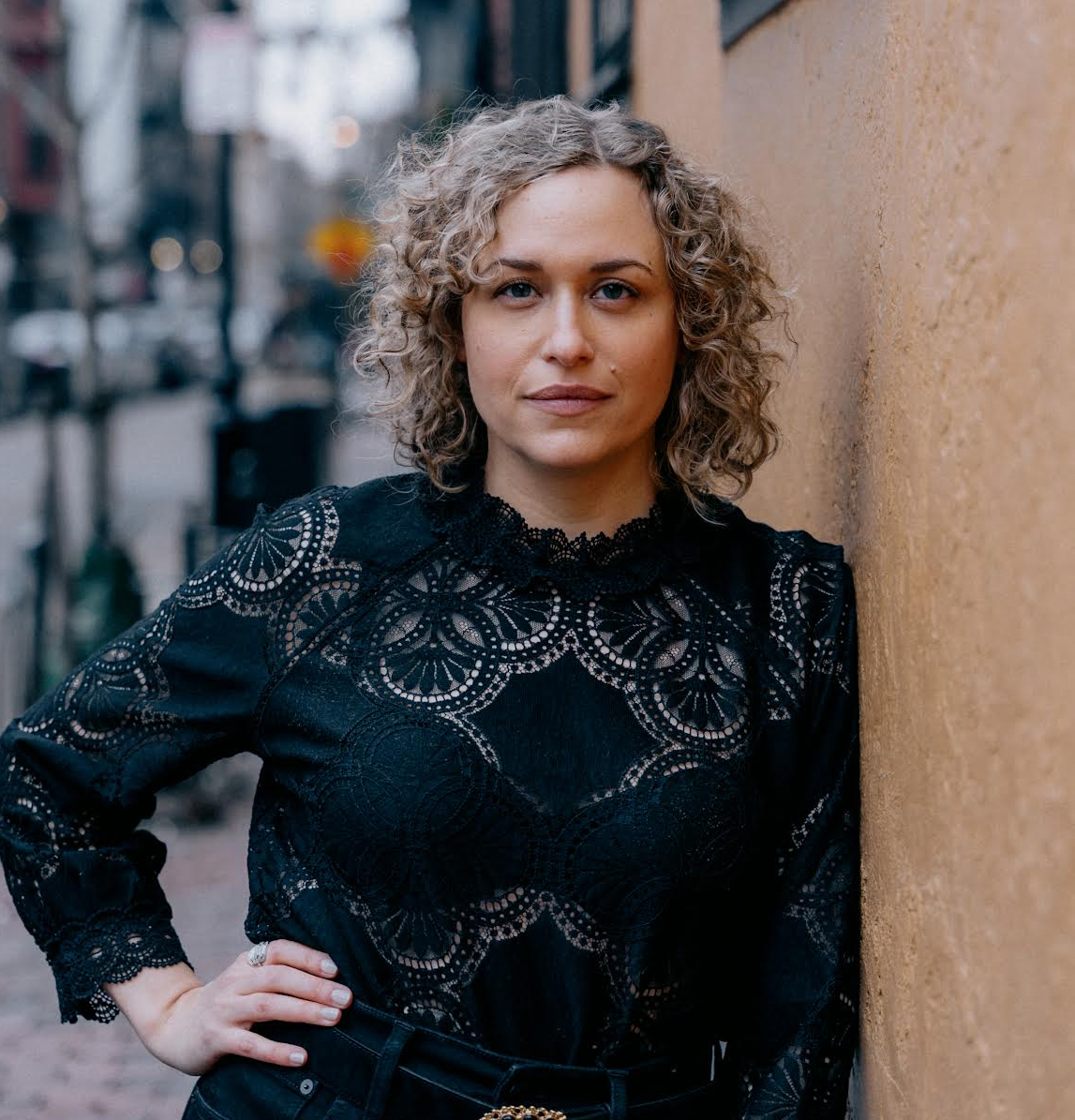
In episodes seven and eight of ESPN docuseries The Last Dance, it's referenced—then debunked—that Michael Jordan first retired in 1993 because of gambling (Jordan later returned to basketball after a stint with professional baseball). Jordan's father had been tragically murdered in August 1993, and Jordan's stated reason for leaving the sport was this, as well as his lack of interest in playing. But, throughout his long and storied career, questions about his gambling have remained. Jordan has stated he doesn't have a gambling problem, countering instead: "I have a competition problem." The series dives deep into Jordan's competitive nature in just about everything (and, BTW, is a terrific watch even if you don't like sports)—but here's the context on where those rumors came from.
Jordan does have a well-established history as someone who likes to bet, both small and large. As early as high school, he apparently wrote to his prom date about a bet they'd made. In college, a check that Jordan wrote after losing at pool went up for auction. Once he got to the NBA, he bet—often very large sums—with anyone who'd play with him. He bet on the Jumbotron cartoon races with stadium security guards and on cards with teammates like Scottie Pippen.
When Jordan, seemingly at the top of his career, retired in 1993, he explained that "the desire isn’t there," that there wasn’t "anything else to prove."

Michael Jordan announces his retirement at a jam-packed press conference.
Despite his (absolutely justified) reasoning that his personal tragedy led to his taking a break, unsubstantiated theories remained. Per Sports Illustrated, Jordan "admitted to incurring substantial losses from gambling," and the NBA appointed a former federal judge, Frederick Lacey, to look into Jordan's bets.
Legal gambling isn't prohibited by the NBA; the problem is that Jordan didn't disclose some of his bets. Jordan had to testify about a check he wrote gambler/alleged drug dealer "Slim" Bouler for $57,000. (He admitted it was a gambling debt over golf.) Richard Esquinas wrote a 1993 book called Michael and Me: Our Gambling Addiction...My Cry for Help. He alleged that Jordan owed him $1.25 million from golf bets, and that the two settled for a lesser sum. Jordan denied the claims entirely—and he wouldn't have been charged with more than a misdemeanor if Esquinas had been correct—but at Hilton Head, where a lot of the golf was played, it's technically illegal to gamble.
The NBA ended up clearing Jordan of wrongdoing. Apparently, Jordan did continue to bet, including on card games, and even publicly betted on providing a basketball camp with free sneakers.
That time @CP3 bet Michael Jordan if he missed three shots then his whole basketball camp gets free Jordans. 😂 #TBT pic.twitter.com/aUrNtTU39DJanuary 31, 2019
But he's mostly kept it out of the limelight since.
Stay In The Know
Get exclusive access to fashion and beauty trends, hot-off-the-press celebrity news, and more.
WATCH 'THE LAST DANCE' ON ESPN+
Shop Air Jordans
For more stories like this, including celebrity news, beauty and fashion advice, savvy political commentary, and fascinating features, sign up for the Marie Claire newsletter.
RELATED STORIES
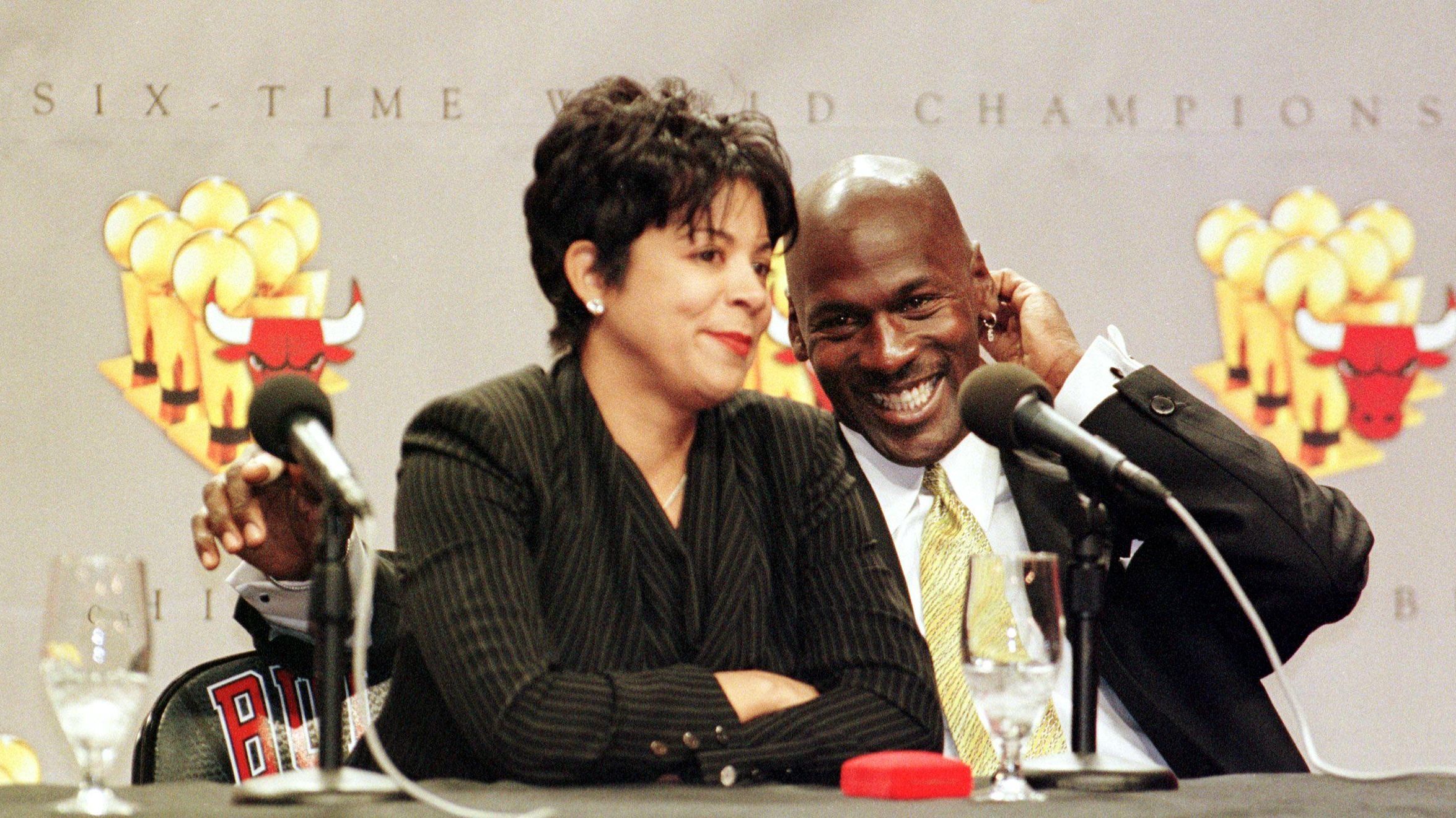
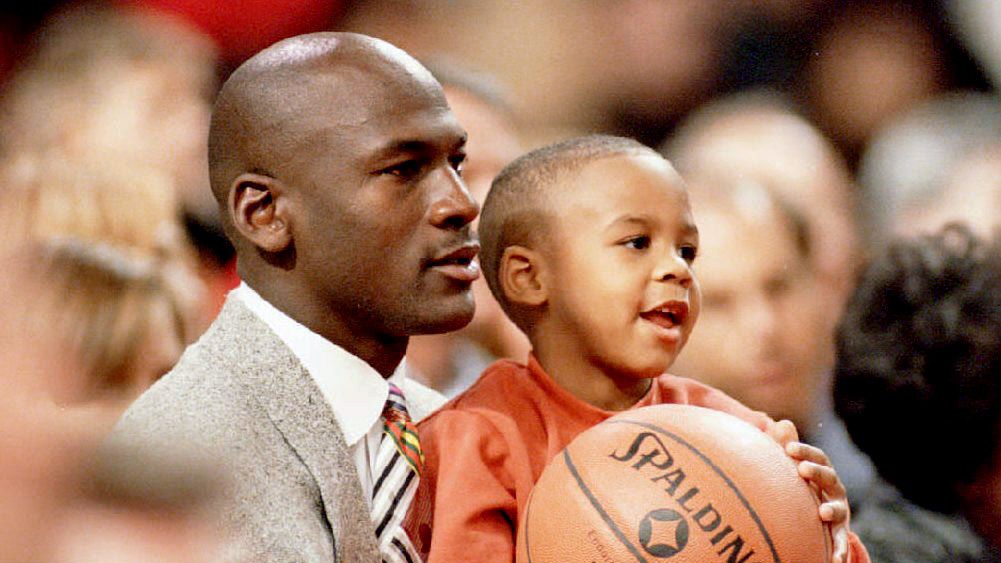

Katherine’s a contributing syndications editor at Marie Claire who covers fashion, culture, and lifestyle. In her role, she writes stories that are syndicated by MSN and other outlets. She’s been a full-time freelancer for over a decade and has had roles with Cosmopolitan (where she covered lifestyle, culture, and fashion SEO content) and Bustle (where she was their movies and culture writer). She has bylines in New York Times, Parents, InStyle, Refinery29, and elsewhere. Her work has also been syndicated by ELLE, Harper’s Bazaar, Seventeen, Good Housekeeping, and Women’s Health, among others. In addition to her stories reaching millions of readers, content she's written and edited has qualified for a Bell Ringer Award and received a Communicator Award.
Katherine has a BA in English and art history from the University of Notre Dame and an MA in art business from the Sotheby's Institute of Art (with a focus on marketing/communications). She covers a wide breadth of topics: she's written about how to find the very best petite jeans, how sustainable travel has found its footing on Instagram, and what it's like to be a professional advice-giver in the modern world. Her personal essays have run the gamut from learning to dress as a queer woman to navigating food allergies as a mom. She also has deep knowledge of SEO/EATT, affiliate revenue, commerce, and social media; she regularly edits the work of other writers. She speaks at writing-related events and podcasts about freelancing and journalism, mentors students and other new writers, and consults on coursework. Currently, Katherine lives in Boston with her husband and two kids, and you can follow her on Instagram. If you're wondering about her last name, it’s “I go to dinner,” not “Her huge ego,” but she responds to both.
-
 The Scent of the Summer Is a Little Bit Pool Water, Plus a Lot of Swimsuit Lycra
The Scent of the Summer Is a Little Bit Pool Water, Plus a Lot of Swimsuit LycraVacation’s new body mists are coming in hot.
By Samantha Holender
-
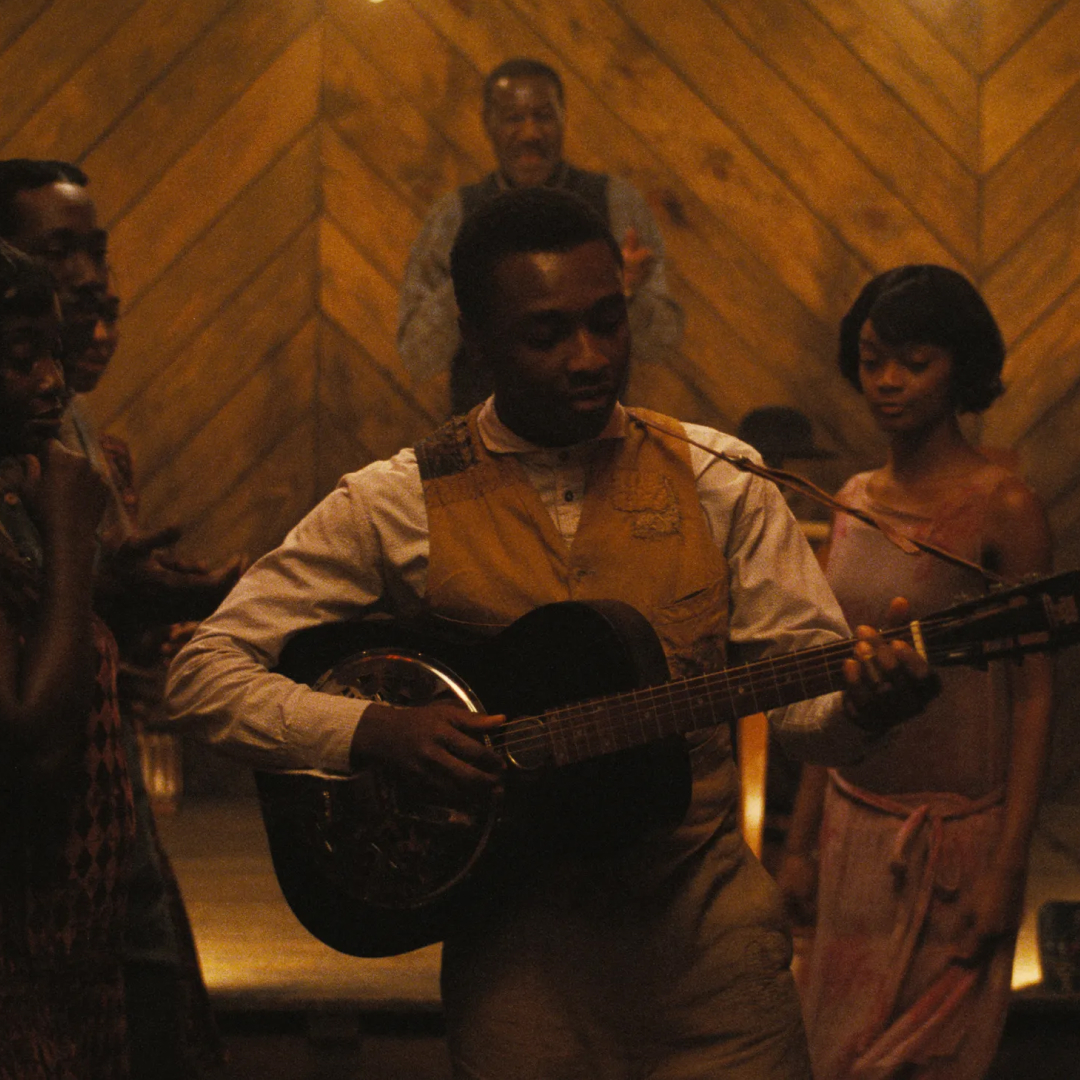 In 'Sinners,' Music From the Past Liberates Us From the Present
In 'Sinners,' Music From the Past Liberates Us From the PresentIn its musical moments, Ryan Coogler's vampire blockbuster makes a powerful statement about Black culture, ancestry, and art.
By Quinci LeGardye
-
 Kendall Jenner Has the Last Word on the Best Travel Shoes
Kendall Jenner Has the Last Word on the Best Travel ShoesLeave your ballet flats in your checked bag.
By Halie LeSavage
-
 Meet 'Selling the City' Star Jordyn Taylor Braff: What to Know About Her Career Trajectory and Dating History
Meet 'Selling the City' Star Jordyn Taylor Braff: What to Know About Her Career Trajectory and Dating HistoryShe even had a surprising career path before joining Douglas Elliman.
By Quinci LeGardye
-
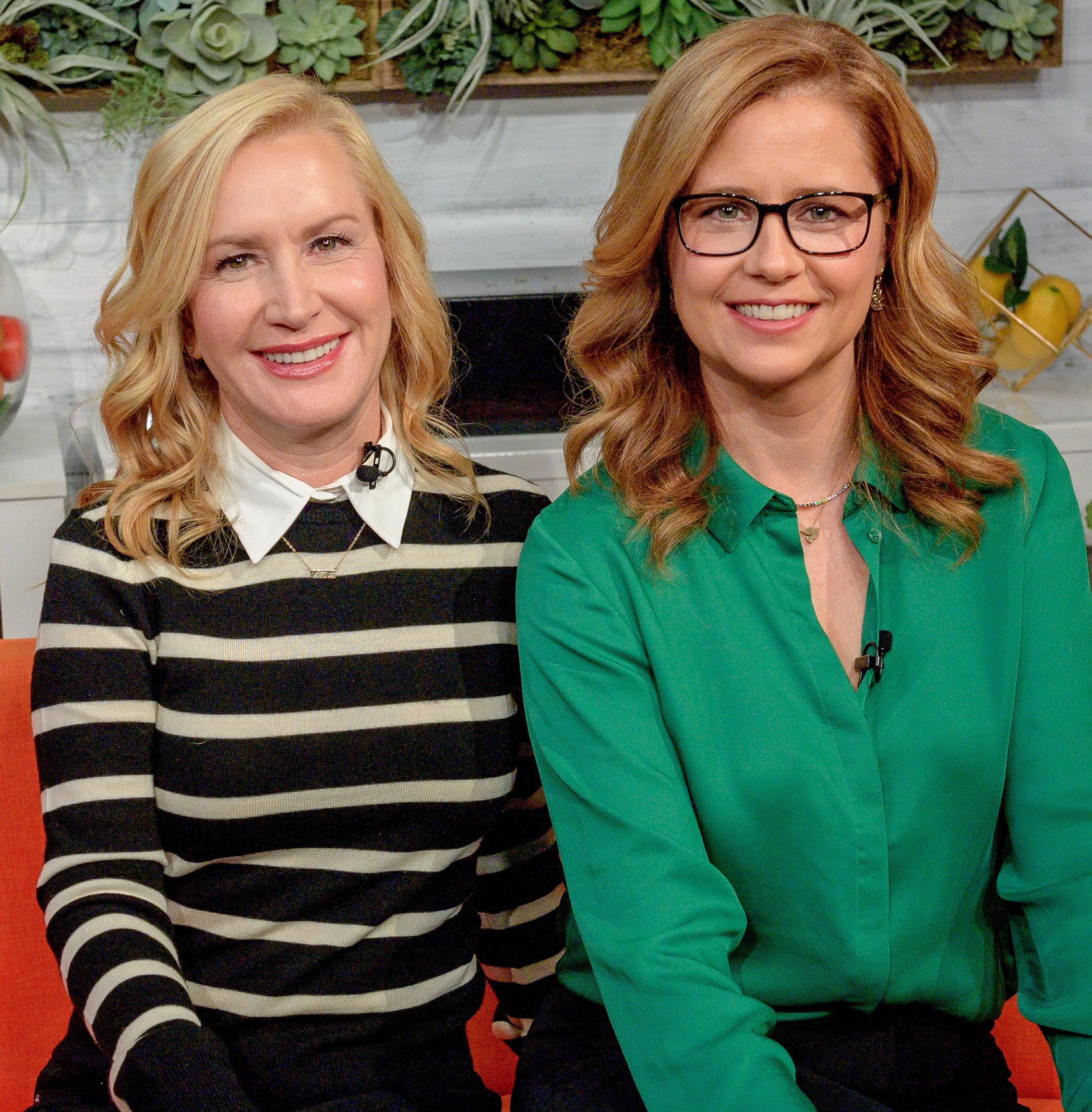 32 Celebrity Podcasts Worth Listening To
32 Celebrity Podcasts Worth Listening ToGrab some headphones and tune in.
By Katherine J. Igoe
-
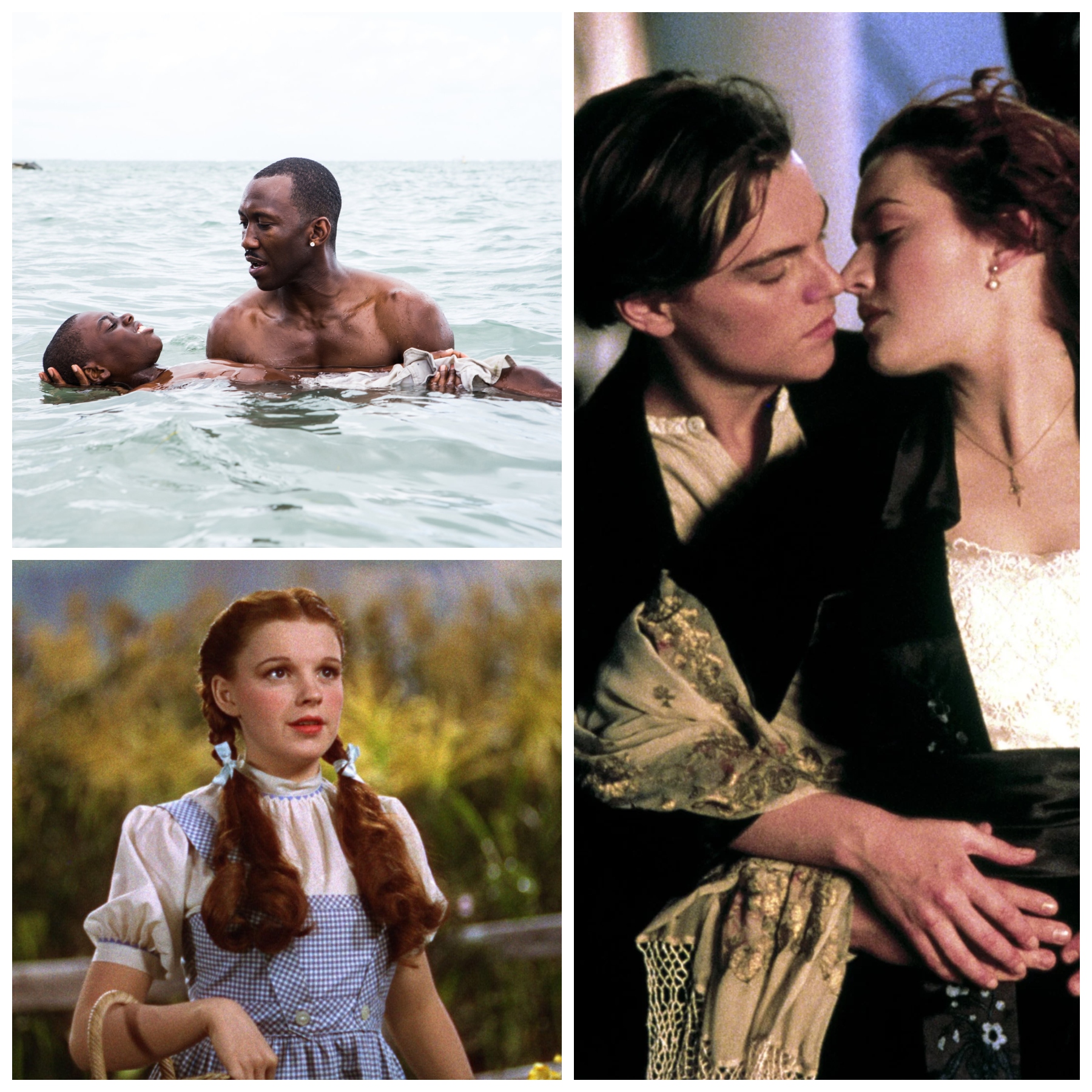 The 100 Best Movies of All Time: The Ultimate Must-Watch Films
The 100 Best Movies of All Time: The Ultimate Must-Watch FilmsWe consider these essential viewing.
By Quinci LeGardye
-
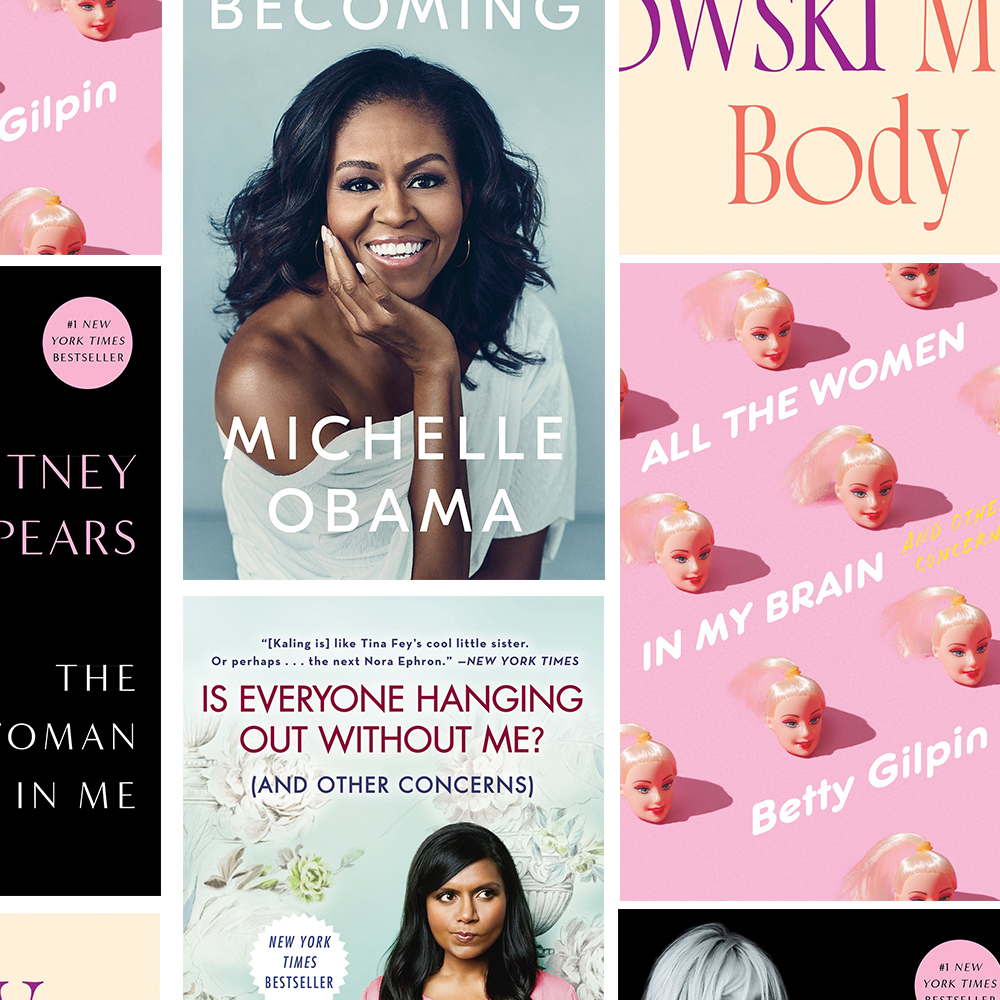 The 30 Celebrity Memoirs That Are Actually Worth Reading
The 30 Celebrity Memoirs That Are Actually Worth ReadingBritney Spears, Demi Moore, Jessica Simpson, and more drop some serious bombshells in these pages.
By Andrea Park
-
 How Victoria Justice Learned to Use Her Voice on the Set of 'Victorious'
How Victoria Justice Learned to Use Her Voice on the Set of 'Victorious'The former Nickelodeon star recalls what it was like to speak up to adults on set as a child.
By Sadie Bell
-
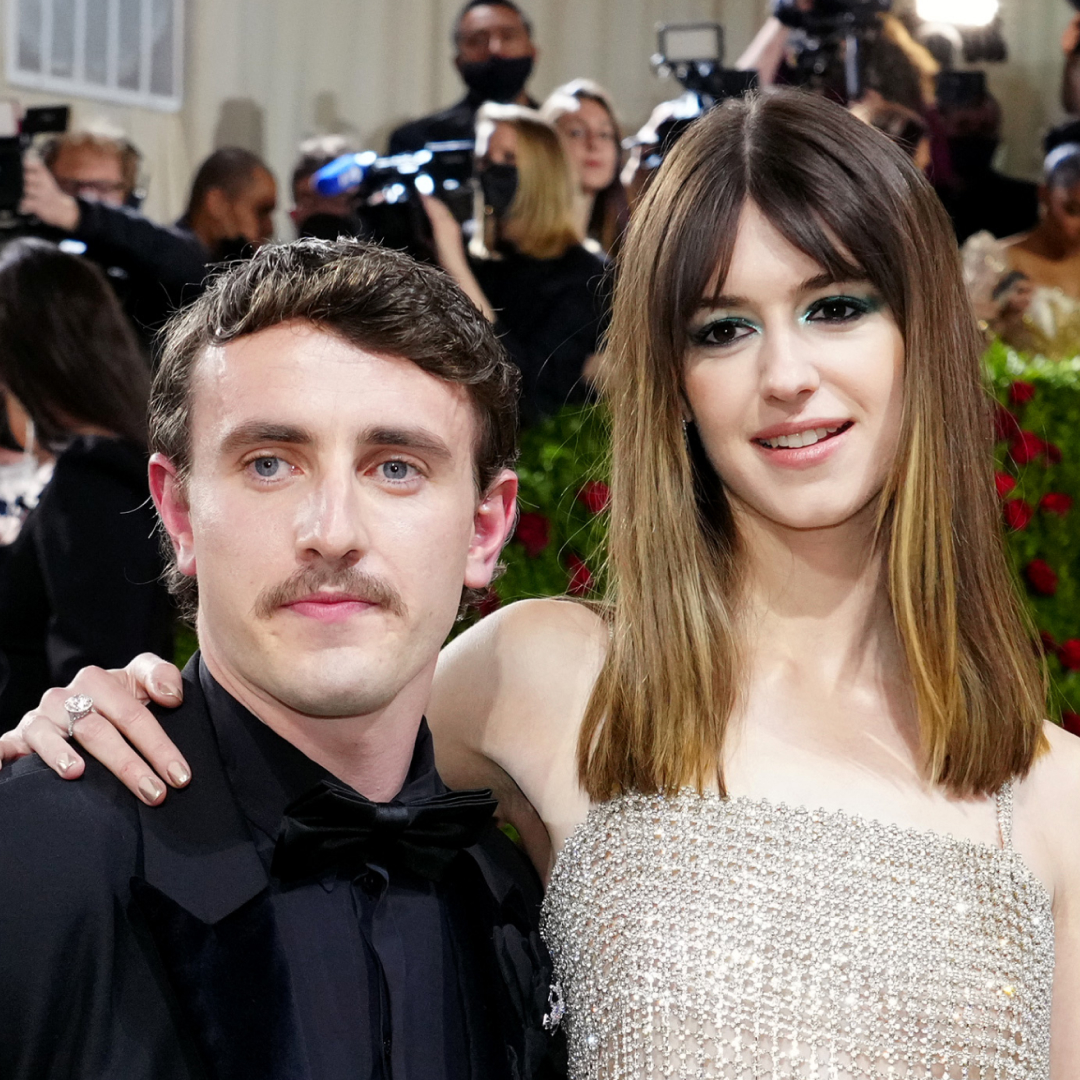 Paul Mescal and Daisy Edgar-Jones Tease an Announcement: "We've Got Some News to Share"
Paul Mescal and Daisy Edgar-Jones Tease an Announcement: "We've Got Some News to Share"The former 'Normal People' costars and IRL best friends seem to have a new project in the works.
By Sadie Bell
-
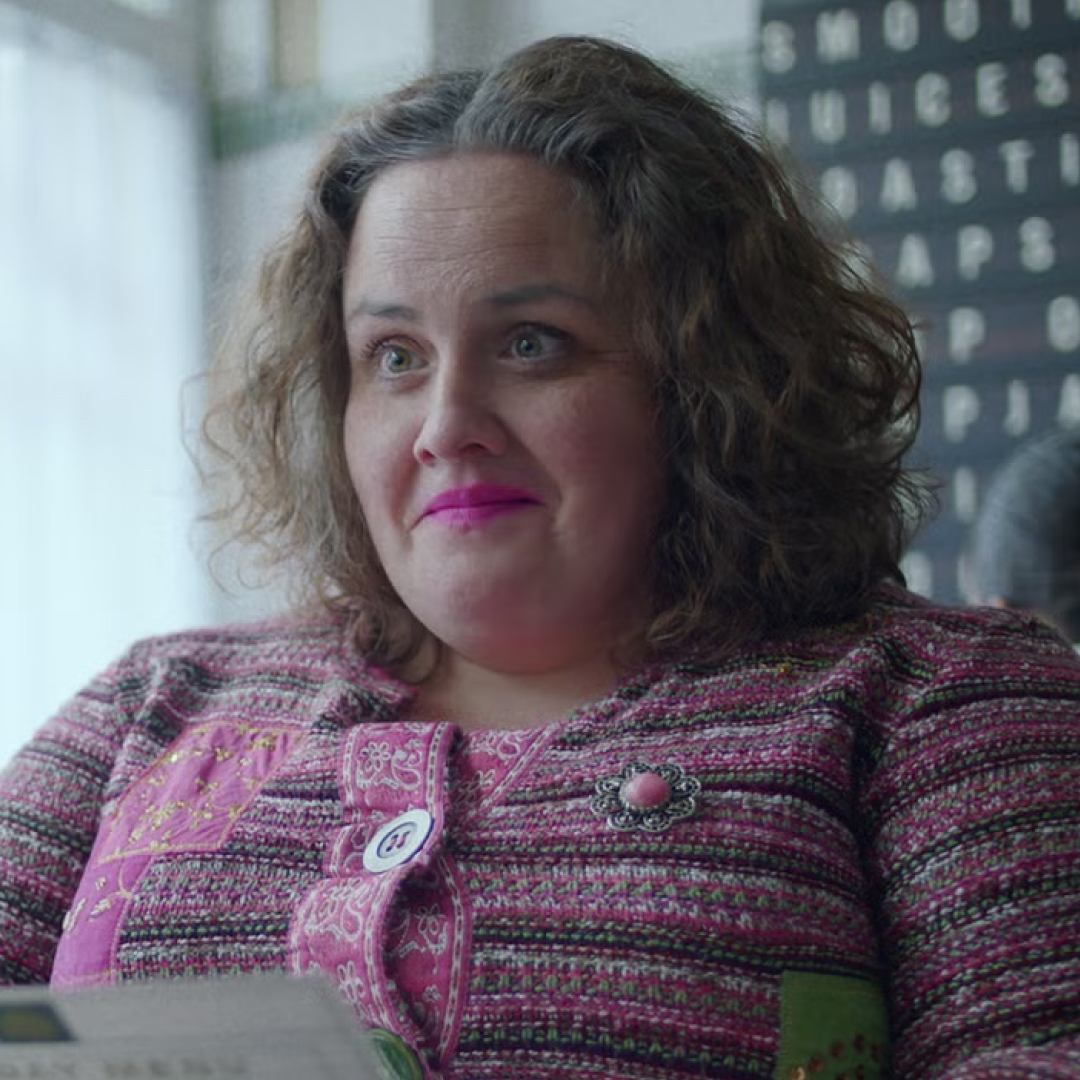 The Woman Who Inspired Martha in 'Baby Reindeer' Calls the Series "a Work of Fiction" In a YouTube Interview
The Woman Who Inspired Martha in 'Baby Reindeer' Calls the Series "a Work of Fiction" In a YouTube InterviewA woman has come forward as the alleged inspiration behind Martha in the hit Netflix series.
By Sadie Bell
-
 The Best 'Friends' Episodes of All Time
The Best 'Friends' Episodes of All TimeCould these BE any better?
By Katherine J. Igoe


